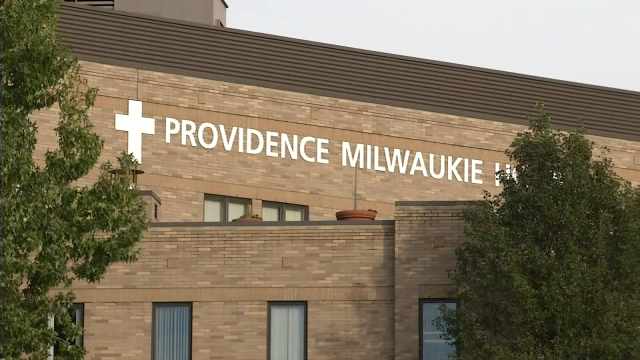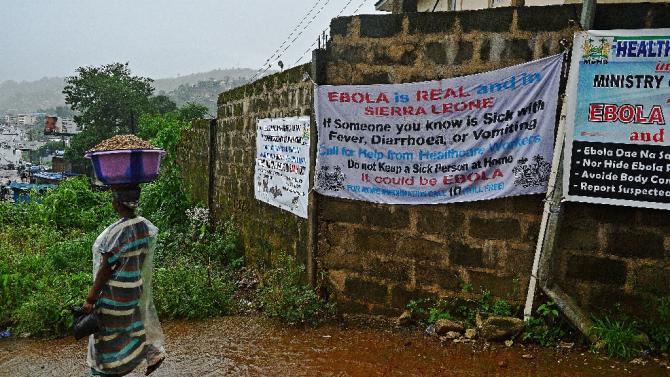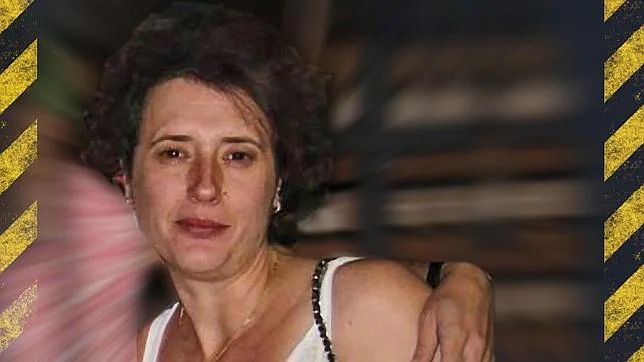Pentagon: DOD personnel to handle Ebola bodies
Memo describes training for troops, civilians making contact with 'exposed remains'
Read more at http://www.wnd.com/2014/10/pentagon-dod-personnel-to-handle-ebola-bodies/#Y8MD65hWgmva2ll8.99
WASHINGTON – A Department of Defense
memo confirms DoD personnel – which could include civilians and/or
troops – will have direct contact with “exposed remains” of Ebola
victims.
While the DoD has issued new guidance on how military personnel and
civilians will undergo pre- and post-deployment training while in the
Ebola-affected areas of West Africa, buried in the 19-page memorandum in
an attachment is an indication that the personnel will have direct
exposure to the affected population.
The statement is in a memorandum from Jessica L. Write,
undersecretary of defense for personnel and readiness. Broken down into
three levels, Level II training will be for personnel who “interact with
the local populace,” and Level III training for personnel “assigned to
supporting medical units or expected to handle exposed remains.”
The memo does not indicate whether both DoD civilians
and
troops will be required to complete Levels II and III of training. If
military members must complete the training, it appears to be contrary
to previous statements from DoD that the 4,000 deployed U.S. troops will
not be exposed to Ebola patients but will undertake only a “supportive
role.”
For such exposure, there is a more intense level of training for U.S.
military and civilian personnel than the minimally required training
for all deployed service members.
The following are screenshots of Level II and Level III training requirements as outlined in the memo:


Civilian personnel returning from the Ebola-affected areas won’t be
required to undergo the 21-day mandatory quarantine described as
“controlled monitoring for military members.”
Instead, civilian personnel will have the option either of undergoing
the 21-day required “controlled monitoring regimen” for military
personnel or undergo an “active monitoring” regimen while being allowed
to go about their daily business. Monitoring will include checking the
individual’s temperature.
At a news conference, Pentagon spokesman Rear Adm. John Kirby said
civilians cannot be forced to undergo the post-deployment “controlled
monitoring regimen.”
“Because they’re civilian employees and not uniformed service
members, we legally can’t force them to undergo a controlled monitoring
regimen the way we can with uniformed troops,” Kirby said.
WND recently reported
that the estimated 4,000 U.S. troops being deployed in response to the
Ebola crisis would undertake a “supportive” role to the Center for
Disease Control and the U.S. Public Health Service in a mission
officially dubbed Operation United Assistance.
In that capacity, the troops would construct a command center and
treatment and training centers along with housing for U.S. military and
civilian personnel.
In exclusive interviews recently with WND,
retired U.S. Army Lt. Gen. William “Jerry” Boykin and retired U.S. Army
Maj. Gen. Paul E. Vallely condemned Obama’s decision to deploy troops
to West Africa, arguing they could bring the virus to the United States
or to other units.
The generals said the mission of U.S. troops is to fight wars, not disease.
The concern is that these soldiers, who will be exposed to the
environment where the virus is prevalent, could bring it to the U.S. and
potentially spread Ebola as they return home and are assigned to other
units.
Kirby had said the soldiers would not be exposed to patients, except
for Navy units that will maintain labs to test samples for the Ebola
virus. Already two such portable labs have been set up. They can process
some 100 samples in one day.
“This is a president who thinks like a community organizer and not
like a commander in chief who takes his responsibility for his troops
seriously,” Boykin said of President Barack Obama.
“At a time when our military has been at war for 13 years, suicide is
at an all-time high, [post-traumatic stress disorder] is out of control
and families are being destroyed as a result of 13 years of war, the
last thing the president should be doing is sending people into West
Africa to fight Ebola.”
Echoing Boykin’s concern over the use of the military to fight Ebola,
Vallely not only said it’s a “bad idea,” but he also warned the U.S.
military already has been “put through so much.”
“There are plenty of other assets that America has if it wants to go
over there and build hospitals and clearing centers and things like
that,” Vallely said. “So, I think it is a very bad misuse especially
when [U.S. troops] now are being asked to step up to the plate again in
Iraq. So, I think it is a very bad decision on Obama’s part.”
For emergency leave while deployed or following deployment, Wright’s
memo said only that requests will be handled on a “case-by-case” basis.
“This requires compliance with CDC, State and local public health
authorities’ guidance and twice daily self-monitoring of temperature and
symptoms,” Wright wrote in her Oct. 31 memo.
In a second attachment, Wright said there would be no force health
protection measures such as with Ebola for malaria and dengue fever,
which also are prevalent in the region. Malarone will be the primary
anti-malarial medication used.
She said exposure to yellow fever should be minimal since deployed personnel will receive the required immunization.
Prior to departure, all personnel also will receive immunizations for
hepatitis A and B, tetanus-diphtheria, measles, polio virus, seasonal
influenza, varicella, typhoid, meningococcal and rabies.
Read more at http://www.wnd.com/2014/10/pentagon-dod-personnel-to-handle-ebola-bodies/#Y8MD65hWgmva2ll8.99









